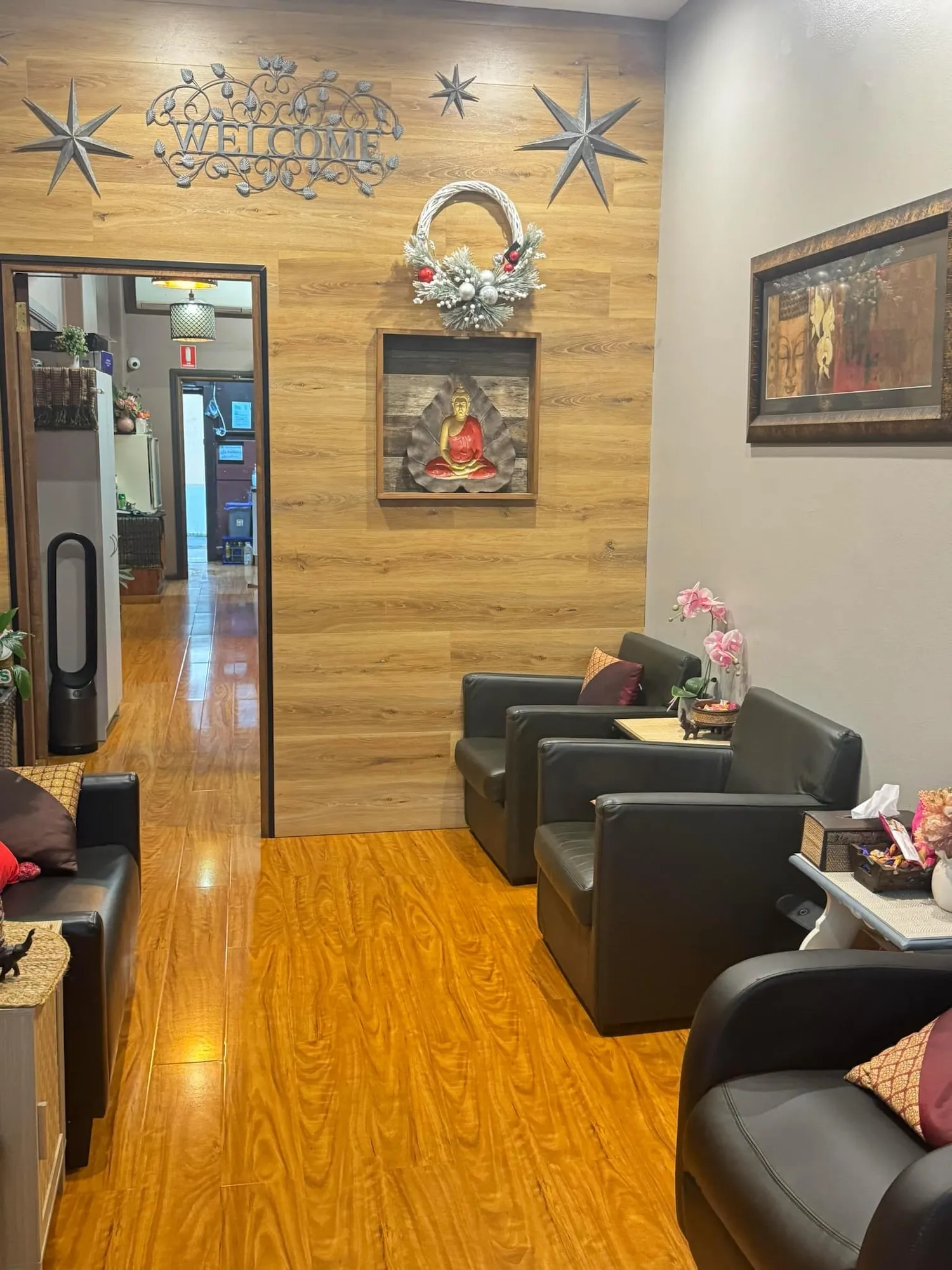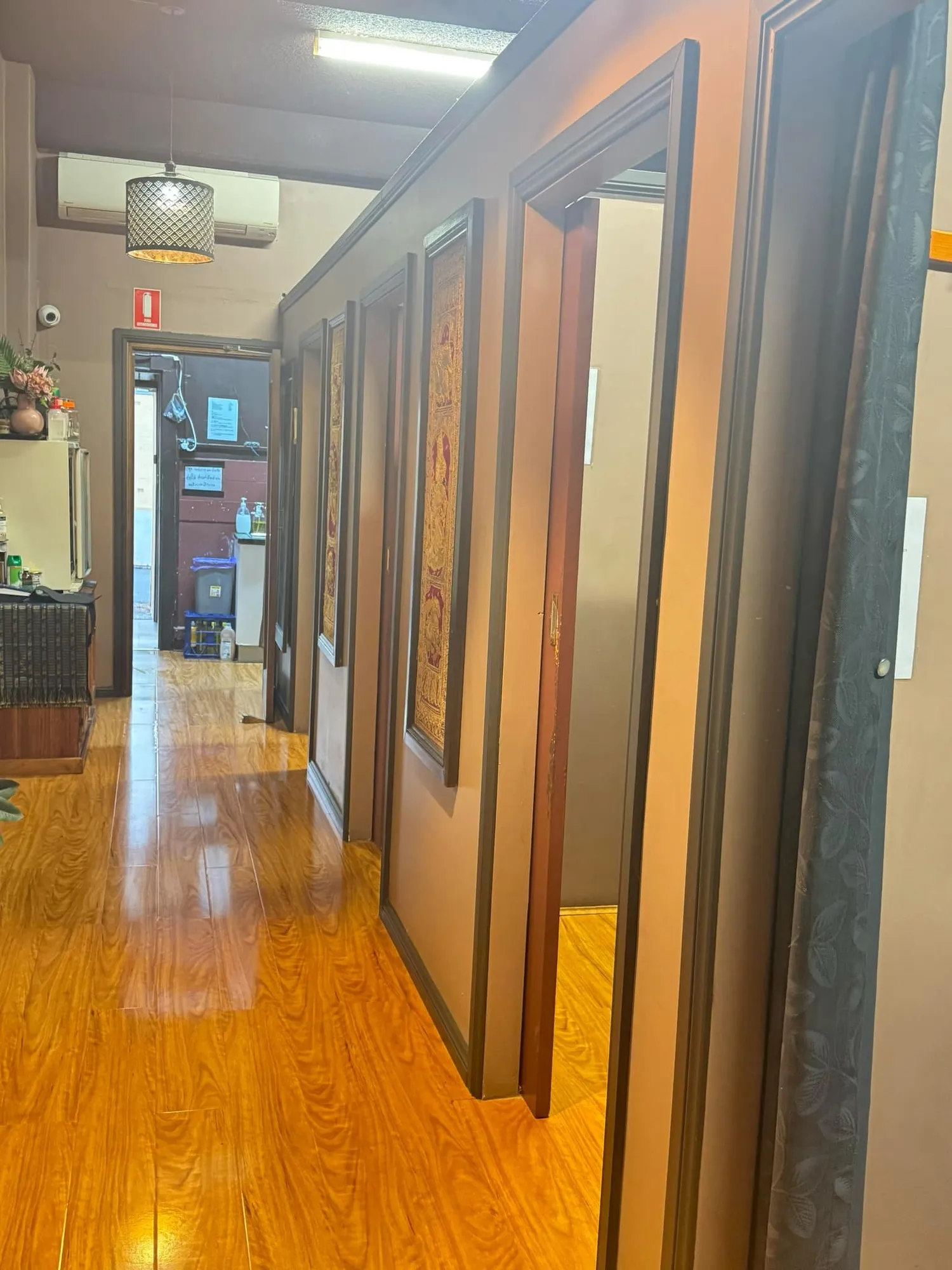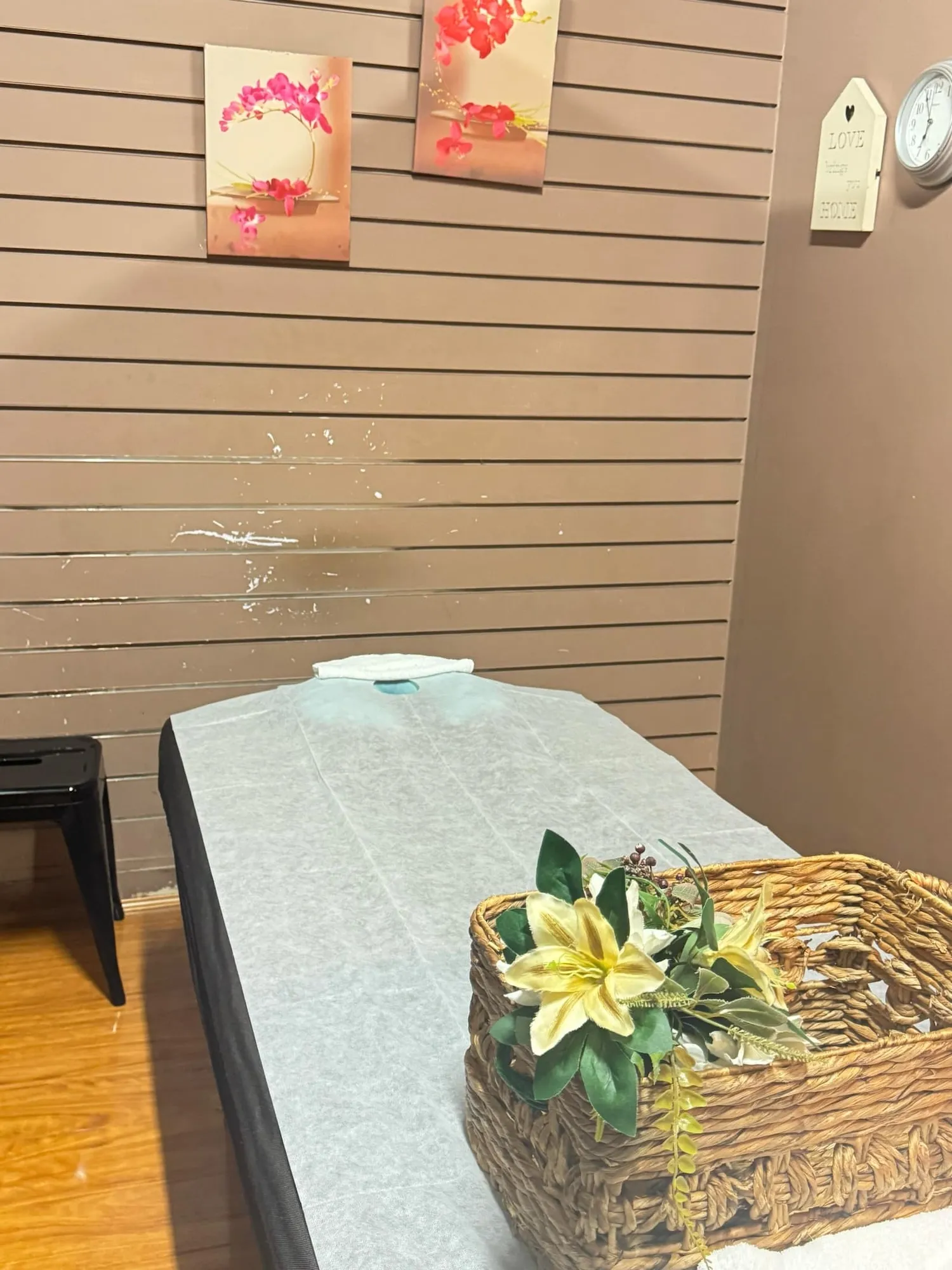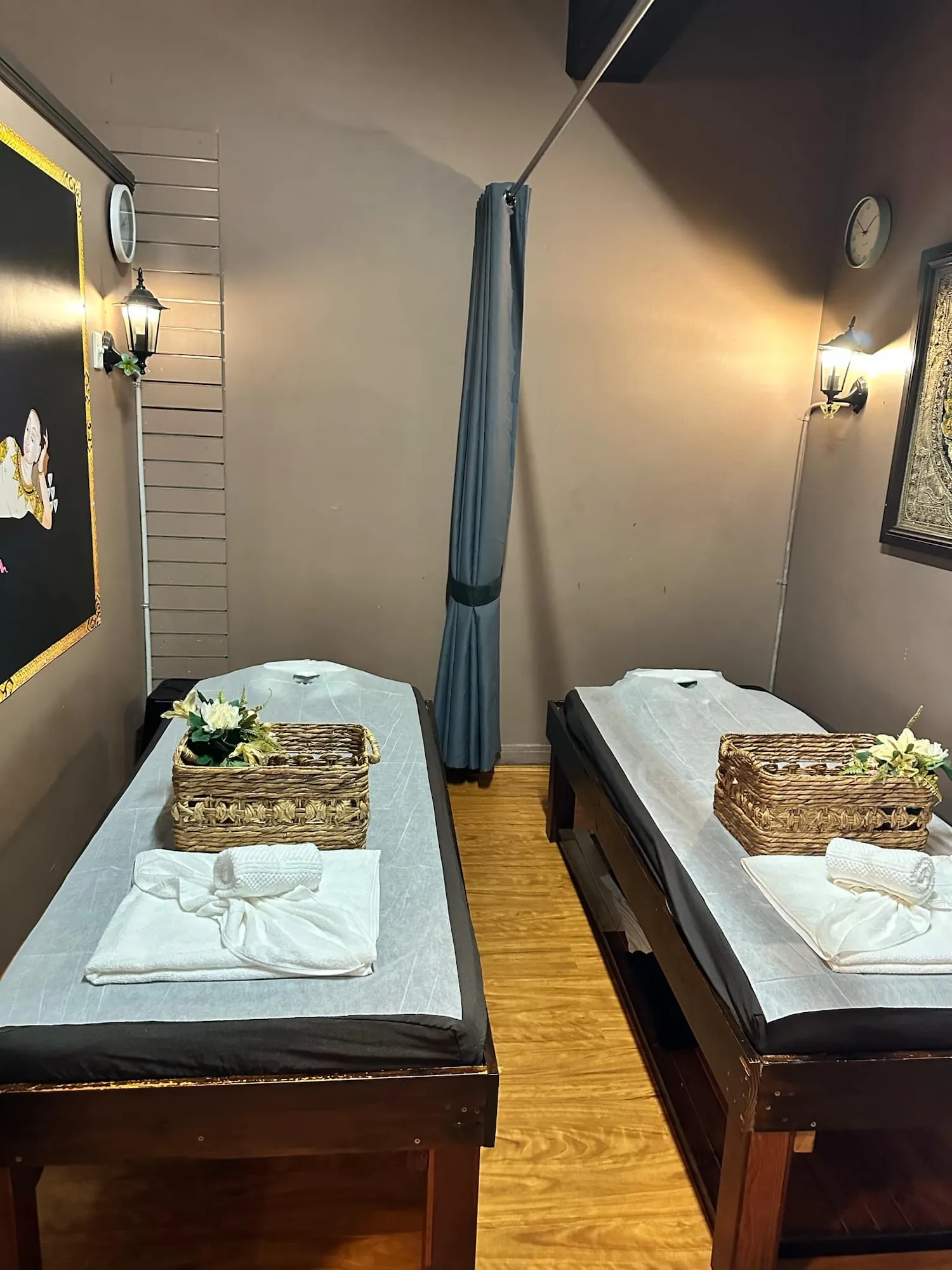
Spirit Thai Therapeutic Massage in Castle Hills

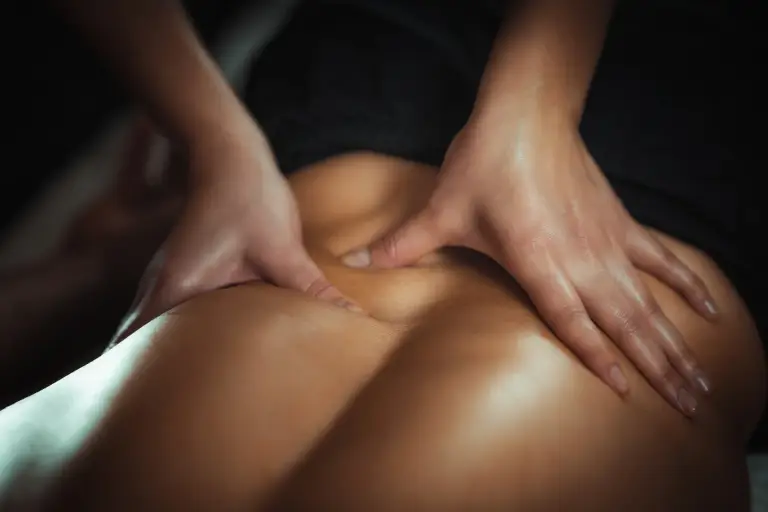
For Remedial Massage (Private Health Insurance Claim) please fill form before you come follow the link below
Remedial Form LinkTherapeutic Massage Services
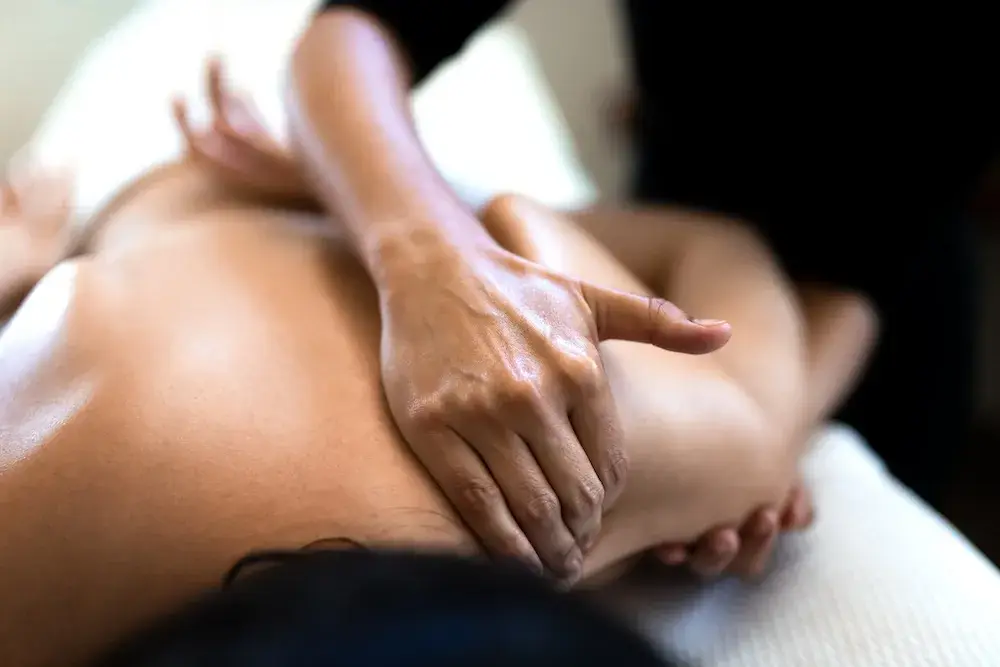
- 60 Minutes$110
- 90 Minutes$155
- 120 Minutes$205
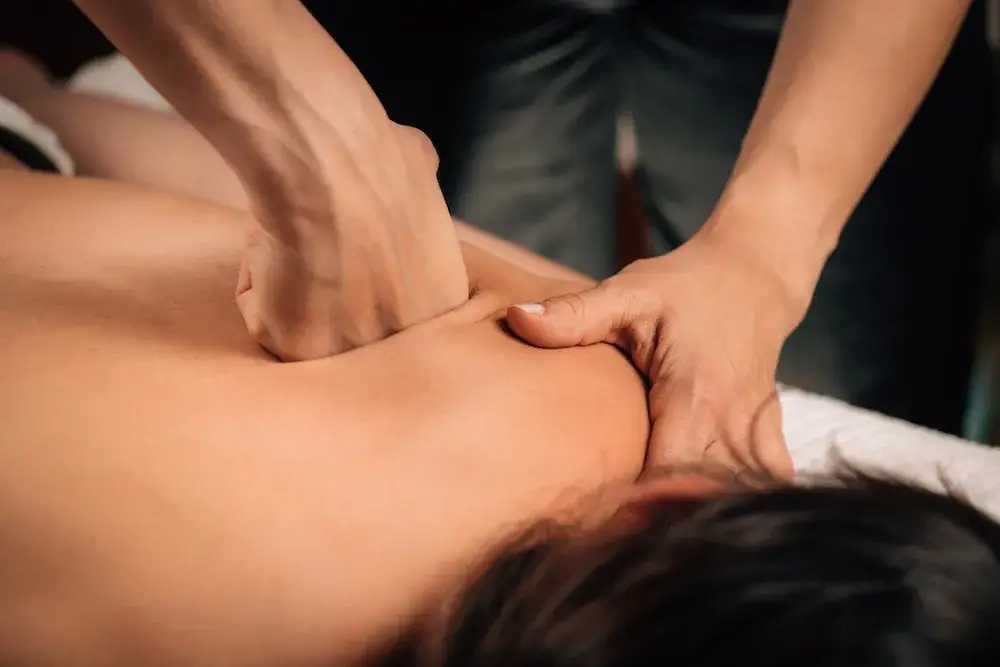
- 60 Minutes$110
- 90 Minutes$155
- 120 Minutes$205
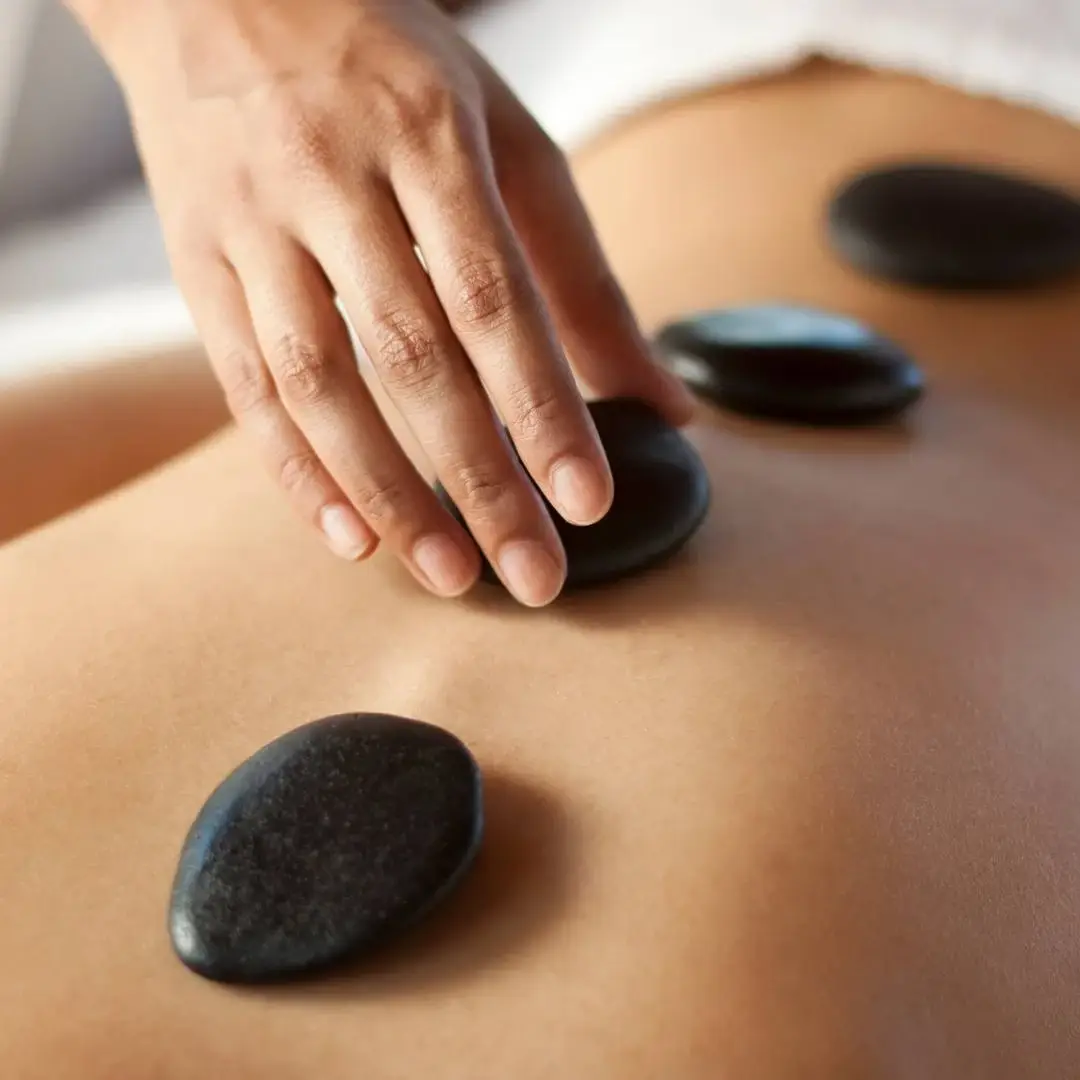
- 60 Minutes$110
- 90 Minutes$155
- 120 Minutes$205
Therapeutic Premium Massage Services
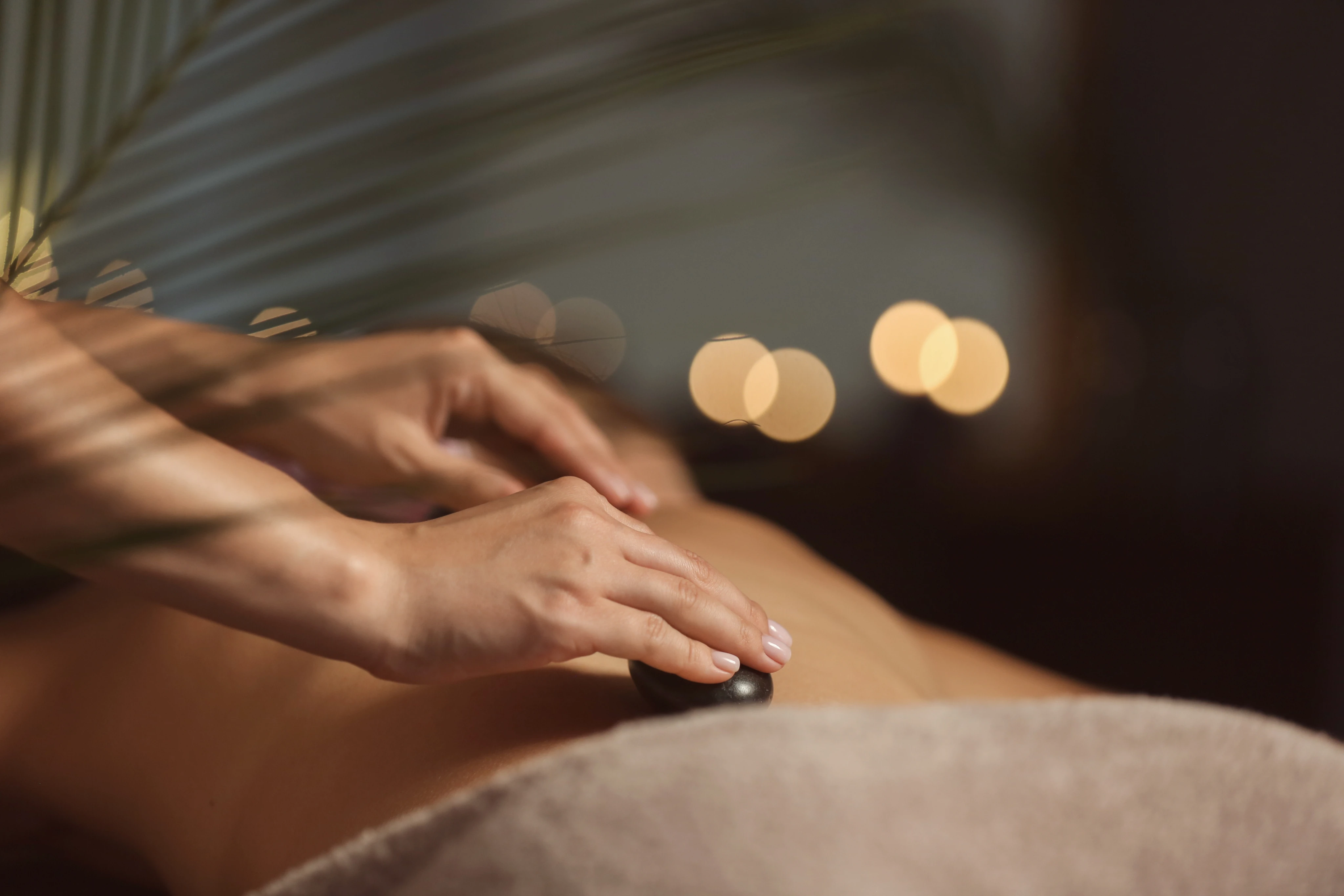
- 60 Minutes$130
- 90 Minutes$180
- 120 Minutes$250
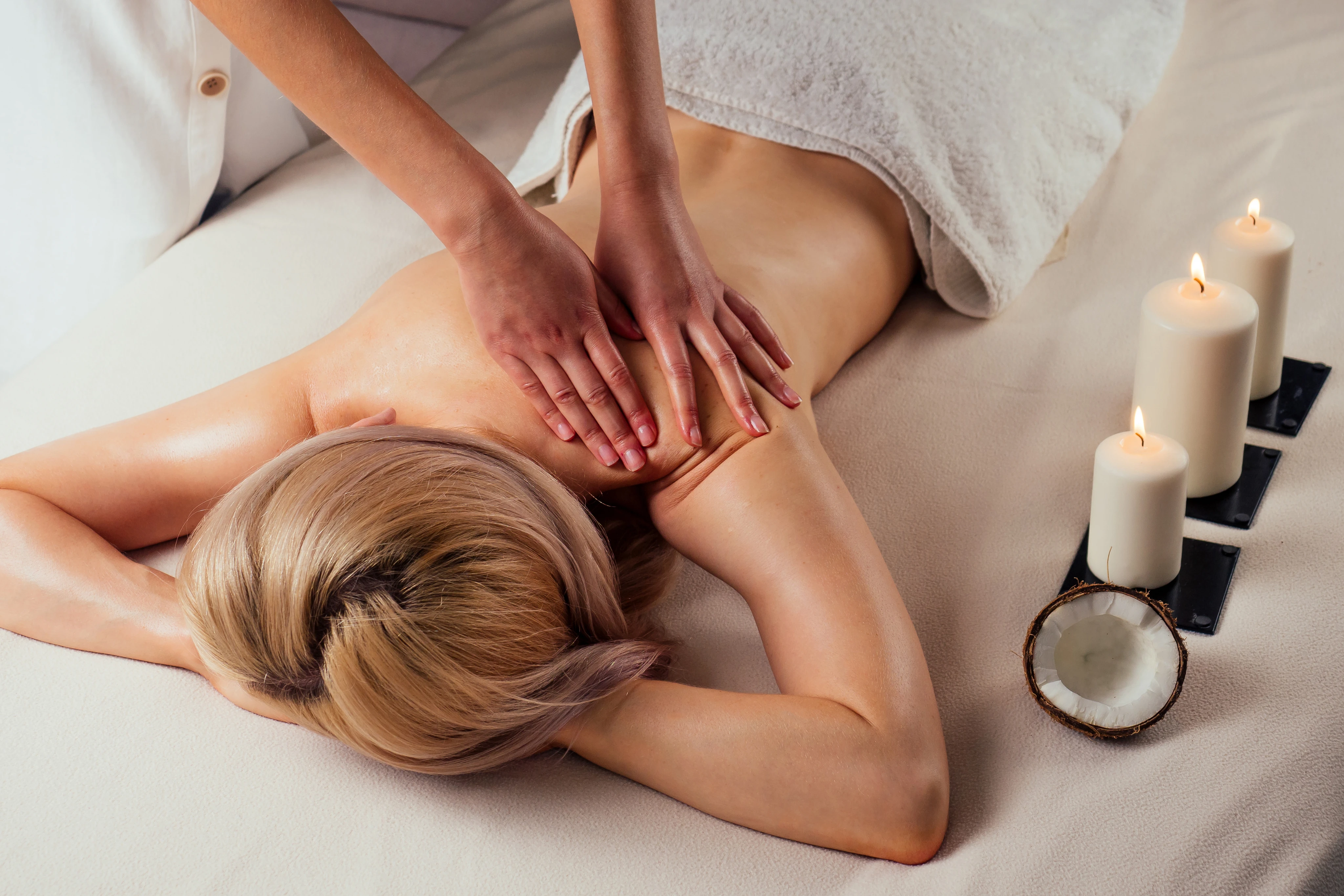
- 60 Minutes$120
- 90 Minutes$180
- 120 Minutes$240
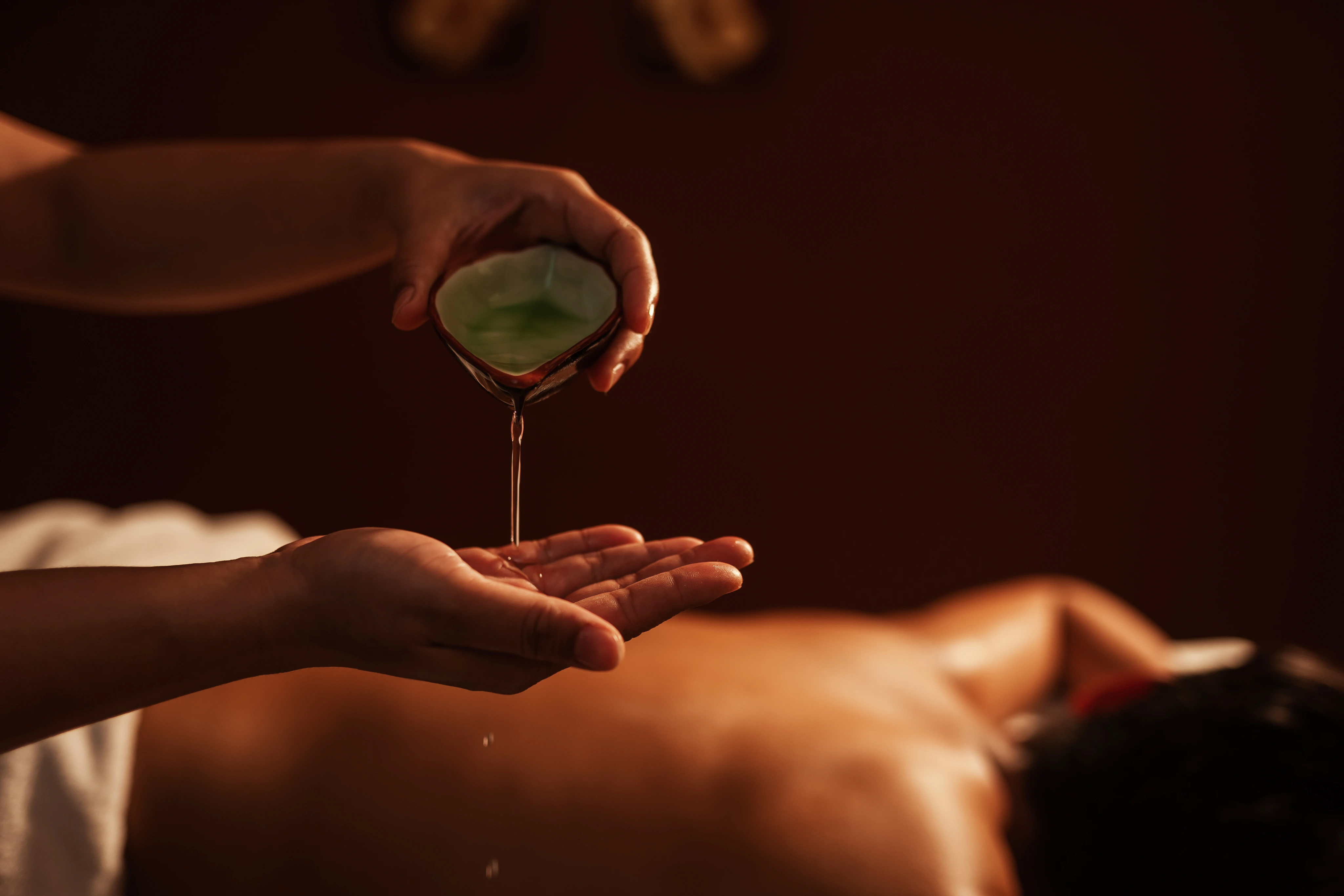
- 60 Minutes$120
- 90 Minutes$180
- 120 Minutes$240

- 60 Minutes$120
- 90 Minutes$180
- 120 Minutes$240

- 60 Minutes$120
- 90 Minutes$180
- 120 Minutes$240
Treatments
- 30 Minutes$70
- 60 Minutes$125
- 30 Minutes$70
- 60 Minutes$125
- 15 Minutes$35
- 30 Minutes$60
- 55$Session
Packages : Massage with Treatment



Mini Therapeutic Session


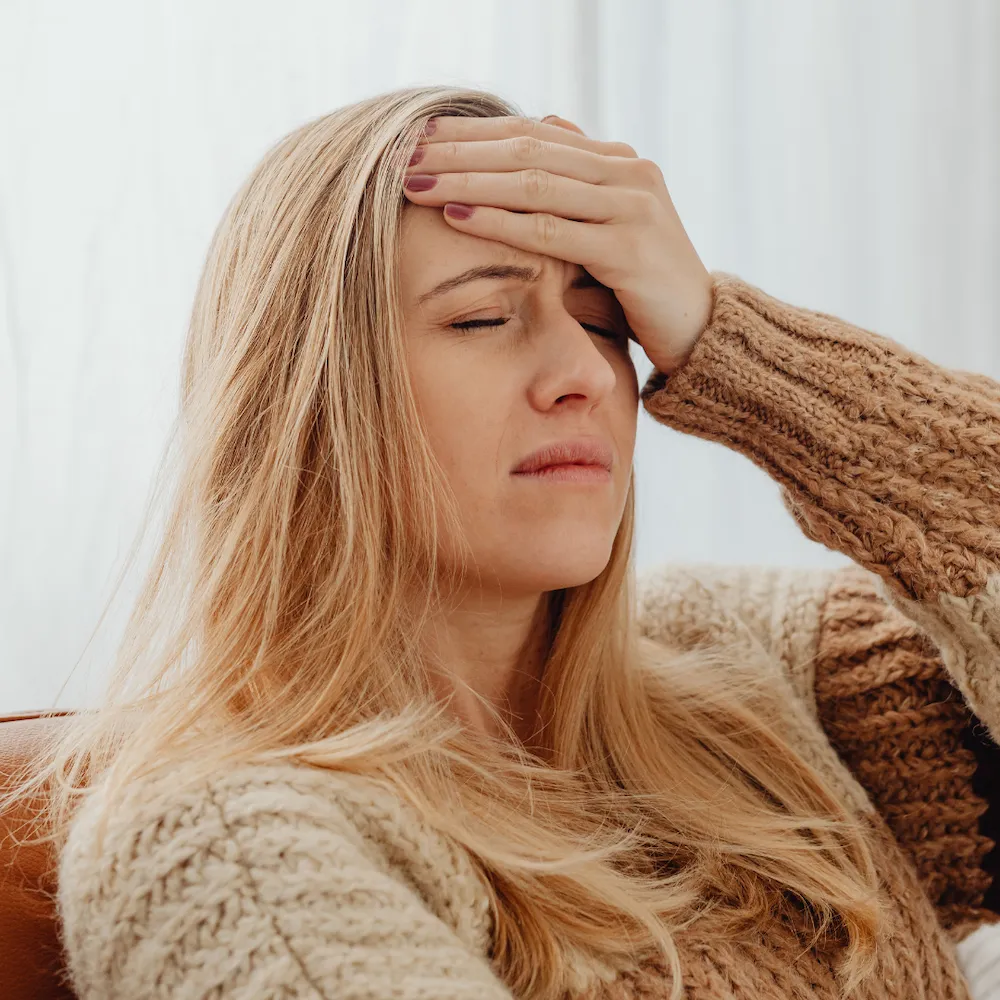

Health Fund Rebate are available

About
At Spirit Therapeutic Thai Massage, we specialise in massage therapies. Our therapeutic massage services are designed to relieve pain, treat injuries, and support overall physical and mental well-being. Each treatment is tailored to your specific needs
Whether you’re recovering from an injury, managing chronic tension, experiencing stress, or simply looking to improve your mobility and energy levels.
We combine modern therapeutic approaches, focusing on the deeper structures of the body to promote long-term healing and functional recovery. Our team is trained to identify muscular imbalances and tension patterns, providing treatments that are both remedial and restorative.
Whether you're dealing with back pain, postural strain, fatigue, or sports-related injuries, we’re here to help you feel and function at your best.

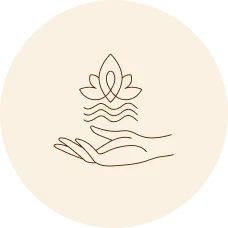


Reviews
After Your Therapeutic Massage: Supporting Your Body's Healing


